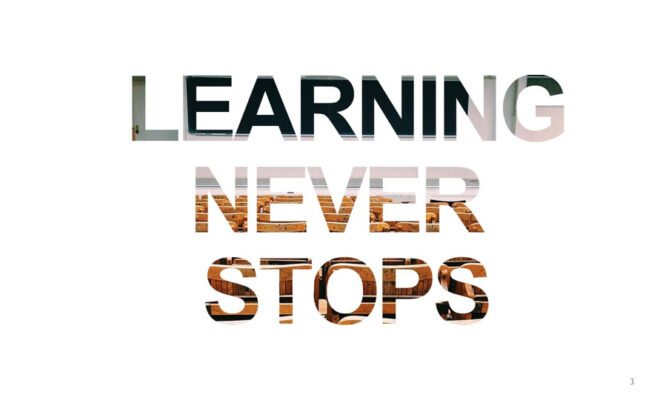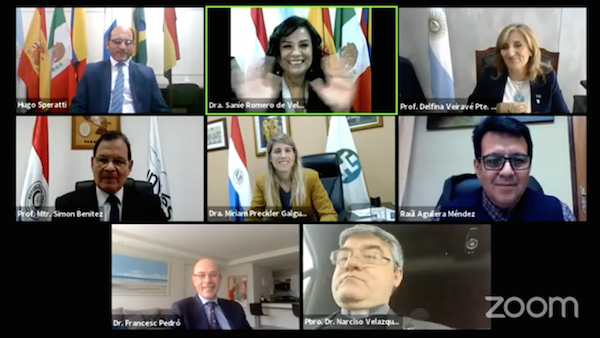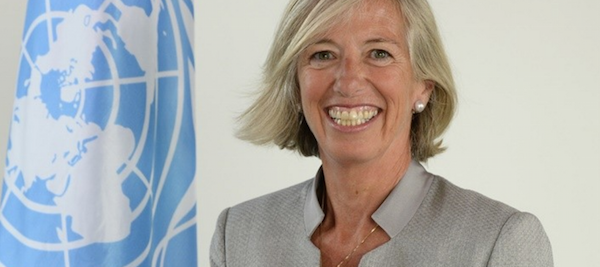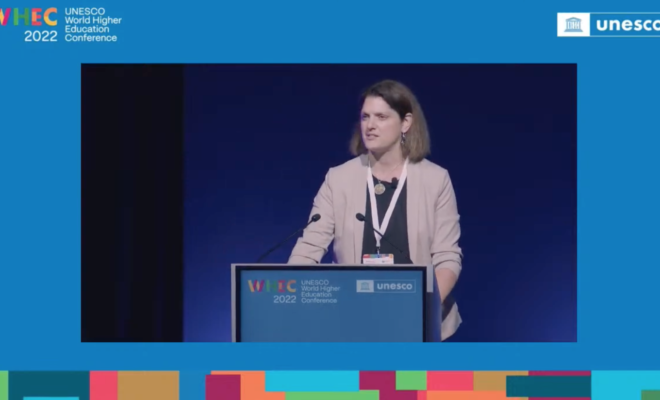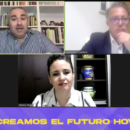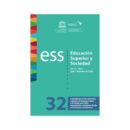#WAHED2020 Launch Event: Prioritising equitable access and success after the pandemic
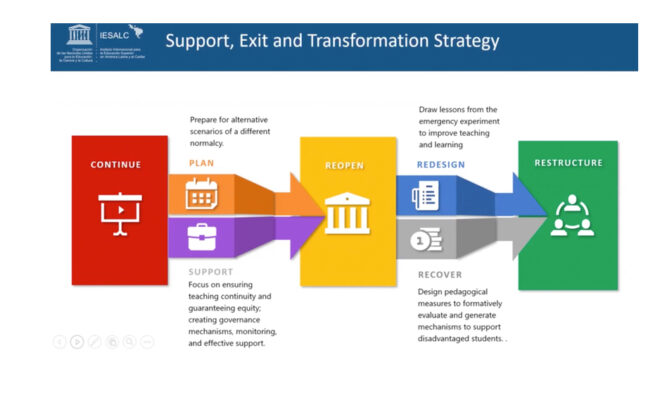
World Access to Higher Education Day (WAHED) is the global day of action focusing on increasing access and participation in higher education for those from low income and other marginalised groups. COVID-19 risks exacerbating the existing inequalities in access to higher education which exist in every country in the world.
The launch event of WAHED 2020 took place on Monday 27th July, 2020, bringing together key figures from the global higher education community to outline how COVID-19 is affecting equitable access and success to HE and what can be done about it.
Great commonalities globally in HE equitable access and success: a collective endeavor
Graeme Atherton, Director of the National Education Opportunities Network (NEON, UK), gave the introductory remarks reminding the audience in the past year WAHED had about 40 events all over the world. “There is a global community engaged in equitable access and success”, he said.
Kylie Austin, President of Equity Practitioners in Higher Education Australasia (EPHEA), explained that before COVID-19 the number of equity students enrolled in HE has increased in Australia: students from low social economic status backgrounds LSES 1.2%, w/disabilities 1.8%, aboriginals 0.4%, women in non-traditional areas, regional and rural,0.95%.
During the pandemic, limited access to devises and reliable internet in a remote learning environment, having to juggle multiple commitments -job losses and pressure on students to contribute to the income of the family- have lead to disengagement from learning. This scenario is shared globally, as explained by the speakers who followed.
Francesc Pedró, Director of the UNESCO International Institute for Higher Education in Latin America and the Caribbean (IESALC), introduced his presentation remembering that one of the first things he did when appointed as Director of the Institute was to join forces with WAHED “because we thought it was a great opportunity to demonstrate the commitment at UNESCO to HE as a public good”.
As per the effects of the pandemic on HE demand, the Director of IESALC shared excerpts from the report COVID-19 and higher education: today and tomorrow. Impact analysis, policy responses and recommendations, (IESALC, 2020) that provides information based on Latin America and the Caribbean compared to global data showing that a high number of students are not connected. “On average 30% of students are not following courses or even have quality internet access. We estimate that the losses will be between 25-35%”. Additionally, there is going to be a differential effect when it comes to gender because of the recapture of women by home labor.
Pedró emphasized two principles that should be taken into account to inform at policy levels, both national and institutionally: first, to make sure that States and Institutions ensure the right to HE. “We should keep this in mind: leave no student behind. And second, to improve the quality of HE”.
IESALC suggests a support, exit and transformation strategy to move from continuity to the reopening of HEIs that calls for the support of the disadvantaged, but also for protection of quality of the provision, as the redesigning of the experience of HE thinking on the wellbeing of students.
Jamil Salmi, a Global tertiary education expert, brought back the learned lessons from the 2002 SARS when universities had a business or contingency continuity plan in case of a crisis. Also, the common difficulties in terms of electricity supply and proper internet connection in developing countries, problems that need to be faced along with the provision of digital content, the training of instructors, along with the emotional dimension. This context calls for responses to the disparities in equality in front of the disease, which should include financial aid, support for connectivity, flexibility in quality policies, identify at-risk students, provide academic and psychological support.
At the second part of the event June Pym, Emeritus Associate Professor and Education Consultant at the Saville Foundation (South Africa) shared considerations regarding the support of success in the COVID-19 era, taking into consideration, in the first place, the student voice as a key principle, as well as the creation of a learning community. “It is an opportunity to rethink the learning structure, ask the needs, work with the nuances. (…) It is crucial to develop interactive learning communities as well as a culture of care”.
Courtney Brown, Vice-President of Strategic Impact at Lumina Foundation (USA) addressed access and success in the US., with the goal of increasing the HE levels from 51% to 60% in 2025, besides facing racial disparities, which are widening and will worsen with the pandemic. “Black Americans and Latinos are more likely than white Americans to have changed or canceled their education plans and most have lost their jobs. Those with no education face more possibilities of impacts than those with a college degree. Those with lower income or from minority groups may leave HE permanently.” In order to accelerate progress in the US, the recommendation is to sustain efforts equal minded, leaving no one behind, and look for sustainable solutions.
Caroline Mol, Director of Strategic Partnerships at EdX, presented the challenges of the Digital learning in the New Normal in HE: adapt and scale on teaching and learning, the pressure on enrollment, and the solutions for now and for the future. “Blended learning is here to stay. It is necessary to enhance quality of online education for everyone and everywhere”. In terms of EdX initiatives, it comprises micro-credentials, professional certificates-skills. holistic solutions for today’s challenges, online learning and capacity building, lifelong learning, and credit network, among others. In the context of the pandemic, Edx has been supporting faculty access to digital content and courses for blended learning.
As a summary: the traditional campus has changed forever. The particular challenges are: access to technologies, the need for students to gain extra income, the pressure to keep young women at home rather than in universities, the governments need to restate the right to education and the importance of the economy of the participation in education. Remote learning can have advantages. The challenge of mental wellbeing through communities, social support, as well as academic support to develop a culture of care that listens to the student’s voice. The recognition that HE will not be in the lead for government support so it is necessary to emphasize the role of HE in social mobility.
Access to the recording of the event How is Covid-19 affecting equitable access to HE?
-
- Delegate list
- Agenda –
- Click on the names below for the presentations:
Kylie Austin, EPHEA
Francesc Pedró, UNESCO IESALC
Jamil Salmi, Consultant
June Pym, Saville Foundation
Courtney Brown, Lumina Foundation
Caroline Mol, EdX
About WAHED
The aim of WAHED, which will take place this year on November 17, 2020, is to act as a catalyst for change at the local, regional, national and international level. In 2019 over 200 organizations engaged in WAHED from 45 countries including governments of 11 countries and 35 events were delivered under the WAHED banner. WAHED is being led by the National Education Opportunities Network (NEON) in the UK.
WAHED is based on a principle of collective action meaning any individual and organization can get involved by doing something in their own organization and area. This can include organizing an event, running a social media campaign, becoming a WAHED supporter, submitting student voice stories and making a WAHED pledge.
RELATED ITEMS
